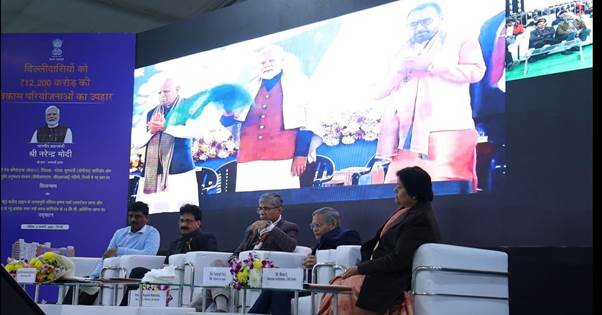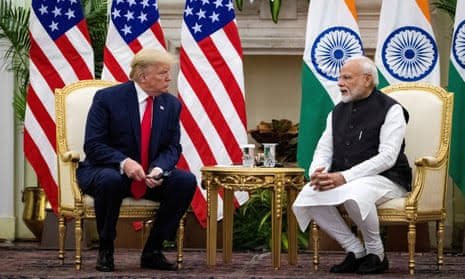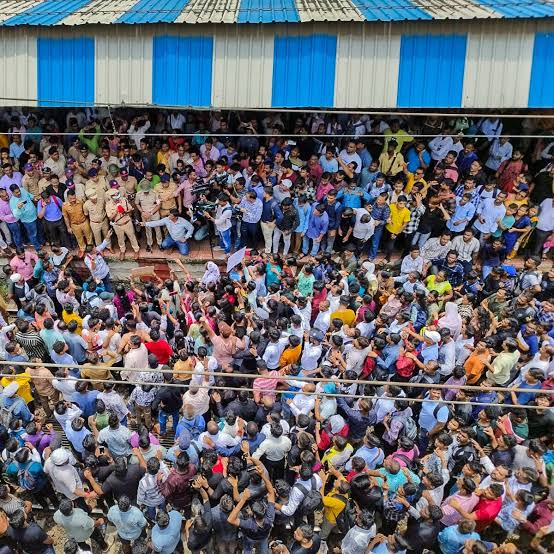In a significant step towards advancing traditional medicine and healthcare, Prime Minister Narendra Modi virtually laid the foundation stone for the new building of the Central Ayurveda Research Institute (CARI) in Rohini, New Delhi. Terming the event as “Ayurveda’s next big leap,” the Prime Minister emphasized the government’s commitment to promoting traditional Indian medicine systems like Ayurveda and AYUSH while making healthcare accessible to all.

 A State-of-the-Art Facility
A State-of-the-Art Facility
The new CARI facility, spanning 2.92 acres, will be constructed at a cost of ₹187 crore. It will house a 100-bed research hospital and include four main blocks: Administrative, Outpatient Department (OPD), Inpatient Department (IPD), and a dedicated Treatment Block. This modern campus will combine tradition and innovation, offering specialized clinics for geriatrics, pediatrics, ENT, arthritis, preventive cardiology, and eye care, alongside traditional therapies like Panchakarma, Kshara Sutra, and Jalukavacharana.
The institute will also feature advanced clinical laboratories, physiotherapy units, and a library, making it a hub for cutting-edge research and skill development in Ayurveda. The project is set to be completed within 30 months, aiming to position India as a global leader in holistic healthcare.
PM Modi’s Vision for Ayurveda
During the ceremony, the Prime Minister highlighted the global expansion of the AYUSH system, now practiced in over 100 countries. He also noted the establishment of the World Health Organization’s (WHO) first traditional medicine institution in India and the recent inauguration of the second phase of the All India Institute of Ayurveda.
“India has immense potential to become the world’s health and wellness capital,” the Prime Minister said. He envisioned a future where “Heal in India” complements the “Make in India” initiative, attracting global citizens seeking Ayurvedic treatments. To facilitate this, a special AYUSH visa has already been introduced, benefiting hundreds of foreign nationals.
Leaders Speak
Shri Prataprao Jadhav, Union Minister of State (Independent Charge) for AYUSH, expressed gratitude to the Prime Minister, stating, “This facility will drive forward research and quality healthcare, impacting millions of lives across the country.”
Shri Yogender Chandolia, MP from North West Delhi, underscored the significance of the dual milestones for Delhi—the new Metro line and the CARI building. He praised the long-term benefits of the facility and its potential to elevate Ayurvedic healthcare.
Vaidya Rajesh Kotecha, Secretary of the Ministry of AYUSH, highlighted the importance of the new facility, marking it as a monumental achievement after 46 years of operating from rented premises. He noted that the institute would set a benchmark in Ayurvedic research and healthcare services.
About CARI
Established in 1979, CARI has been a pioneer in clinical research, particularly in preventive cardiology and non-communicable diseases. Previously operating from rented premises in Punjabi Bagh, the new campus will provide a permanent, state-of-the-art home for the institute, reflecting the government’s commitment to strengthening traditional medicine in India.
The facility will also offer training programs like the Panchakarma Technician Training Course, affiliated with the Healthcare Sector Skill Council of India, to empower youth with valuable skills in Ayurveda.
With its NABH and NABL accreditations, CARI aims to integrate traditional and modern healthcare practices, ensuring global standards in treatment and research. This development reaffirms India’s leadership in Ayurveda, paving the way for a holistic approach to healthcare and wellness.




